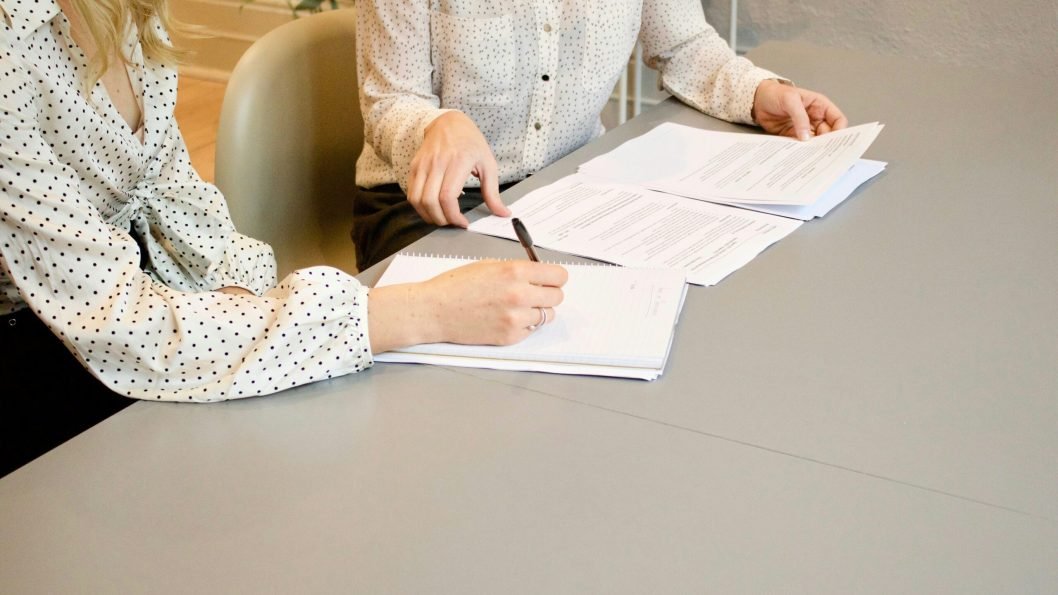How to Document Your Personal Injury for a Stronger Claim
If you’ve been hurt in an accident, you might be thinking about making a personal injury claim. One of the most important things you can do is to keep good records of everything that happened. This guide will help you understand why documentation matters and how to do it right.
Why Good Records Matter for Your Claim
Keeping detailed records is super important. Here’s why:
- It shows who’s responsible for your injury
- It proves how badly you were hurt and how much money you’ve lost
- It helps you negotiate better with insurance companies or in court
How to Document Your Injury: Step by Step
1. Get Medical Help Right Away
After you’re hurt:
- Go to the hospital, urgent care, or your doctor
- Ask for copies of all your medical records
2. Keep a Daily Diary
Write down:
- How you feel each day (pain, what you can and can’t do)
- Doctor visits and treatments
- How the injury is affecting your mood and mental health
3. Take Lots of Pictures
Snap photos of:
- Your injuries (bruises, cuts, swelling)
- Any damage to your car or other property
- Your medical treatments (like casts or bandages)
4. Get Statements from Witnesses
Ask for:
- Contact info and statements from people who saw what happened
- Opinions from doctors about your injury (if needed)
5. Track All Your Expenses
Keep records of:
- Medical bills
- Money you’ve lost from missing work
- Other costs (like travel to doctor appointments)
6. Save Evidence from the Accident
Collect:
- Police reports
- Info from insurance companies
7. Make a Timeline
Write down:
- When and where you got hurt
- When you saw doctors and what they did
- Important moments in your recovery
8. Document Your Recovery Process
If you’re doing physical therapy or rehab:
- Keep track of all your appointments
- Get progress reports from your therapist
Tips for Better Documentation
- Be consistent: Update your records regularly
- Be detailed: Write down everything, even if it seems small
- Stay organized: Keep all your records in one place (a folder or on your computer)
Conclusion
Good documentation is key to a strong personal injury claim. By following these steps, you’re giving yourself the best chance to get fair compensation for your injury. Remember, the more organized and detailed your records are, the smoother your claim process will be.


